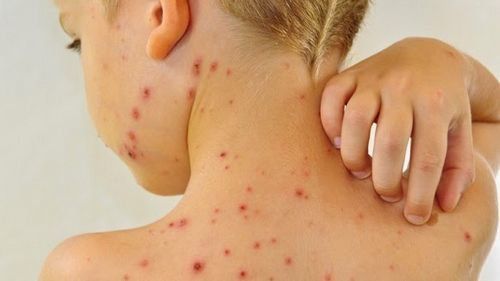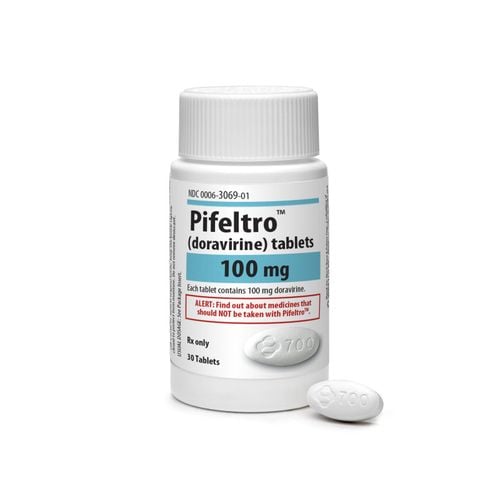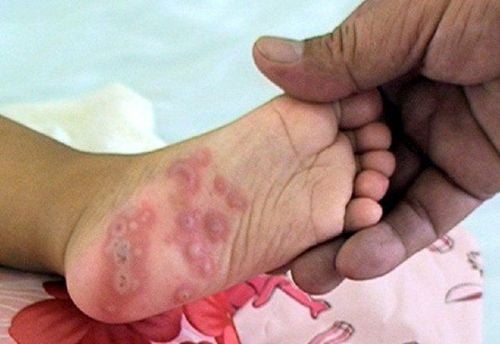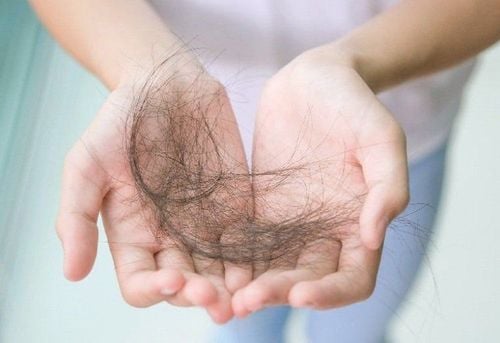This is an automatically translated article.
The article was consulted with Dr. Le Thu Phuong - Pediatrician - Neonatologist - Department of Pediatrics - Neonatology - Vinmec Hai Phong International General Hospital.Seasonal change is the time when infectious diseases are likely to break out, including hand, foot and mouth disease. Hand, foot and mouth disease spreads very quickly and easily into epidemics, usually occurring in children under 5 years of age, but can still occur in adolescents and adults. Currently, doctors can perform tests to diagnose hand, foot and mouth disease early on the first day of symptoms.
1. Symptoms of hand, foot and mouth disease
Hand, foot and mouth disease is an infectious disease mainly caused by a group of intestinal viruses, the most common being Coxsackie A16 and Enterovirus type (EV71) caused and spread by the gastrointestinal tract, with a rapid spread rate, easy disease. risk of an outbreak. The disease is usually transmitted through nasopharyngeal secretions, fluid from blisters or feces of an infected person. The first week of illness is the most contagious.The incubation period usually lasts from 3 to 7 days. Low-grade fever, loss of appetite, fatigue, and sore throat are the first symptoms that usually appear. After the onset of fever about 1 to 2 days, the child begins to feel sore in the mouth accompanied by the appearance of small red dots that then turn into blisters 2-3mm in diameter and progress to ulcers. These rashes are usually localized to the palms or soles of the feet and do not cause itching.
If a pregnant woman is infected with hand, foot and mouth disease shortly before giving birth, the virus can be passed from the mother to the fetus. Most of these children have only mild symptoms, but some can have severe manifestations, with the risk of leading to multi-organ dysfunction, severe cases with a high risk of death.
2. Early diagnosis of hand, foot and mouth disease
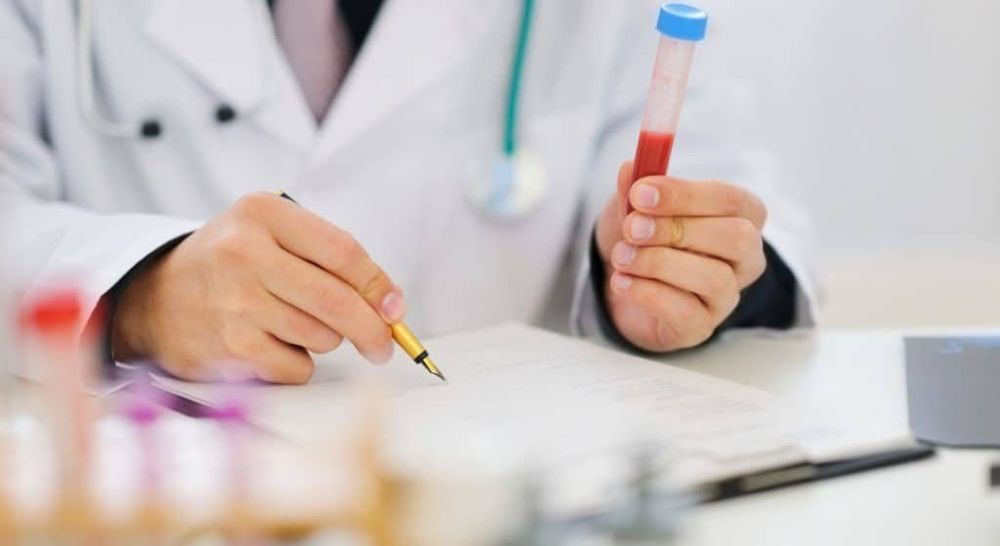
Therefore, it can be seen that early diagnosis of hand, foot and mouth disease is essential and plays an important role in the treatment of the disease.
3. Treatment of hand, foot and mouth disease
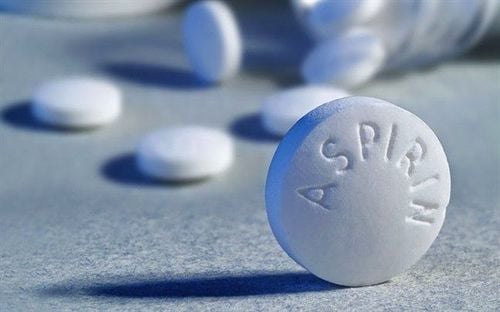
For children with hand, foot and mouth disease, over-the-counter medicines such as acetaminophen or paracetamol (eg Panadol) or ibuprofen (eg Advil, Motrin) can be used to relieve pain. Do not give aspirin to children under 18 years of age. Because at this age, aspirin can make health conditions worse.
Parents can still use appropriate antipyretic drugs for children if the child has a fever. There are several ways you can help reduce hand, foot, and mouth disease symptoms in your child at home:
Give your baby liquid foods, drink plenty of water, or cooled or chilled milk. This helps the child avoid a sore throat when swallowing and avoid dehydration. Besides, children can also eat ice cream or jelly. If your child has difficulty swallowing, divide the child's portion into small portions and feed him or her little by little. If your child's mouth is damaged, avoid giving him salty, spicy or sour foods. Sores can get worse when children consume these foods. To avoid infection, it is necessary to bathe and wash the baby's body gently with clean water every day. For children to gargle with diluted salt water Pay attention to washing hands regularly and properly To limit infection, you can apply methylene blue on the sores
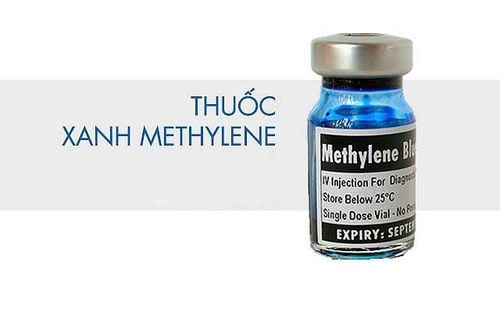
4. Measures to prevent hand, foot and mouth disease
Isolate the child at home, do not go to kindergarten, school (especially the first week) when the child shows signs of illness Regularly wash hands with soap, clean personal hygiene Handling clothes and bedding of children Infected children Pay attention to hygiene of houses, toys, and surrounding environment Sanitation of food sources At present, there is no specific vaccine or medicine for hand, foot and mouth disease, so it is necessary to raise awareness of disease prevention by personal hygiene. Once a child shows signs of the disease, they should immediately take them to reputable facilities for timely examination.Pediatrics department at Vinmec International General Hospital is the address for receiving and examining diseases that infants and young children are susceptible to: viral fever, bacterial fever, otitis media, pneumonia in young, ... With modern equipment, sterile space, minimizing the impact as well as the risk of disease spread. Along with that is the dedication from the doctors with professional experience with pediatric patients, making the examination no longer a concern of the parents.
If there is a need for consultation and examination at the Hospitals of the National Health System, please book an appointment on the website to be served.
Please dial HOTLINE for more information or register for an appointment HERE. Download MyVinmec app to make appointments faster and to manage your bookings easily.





